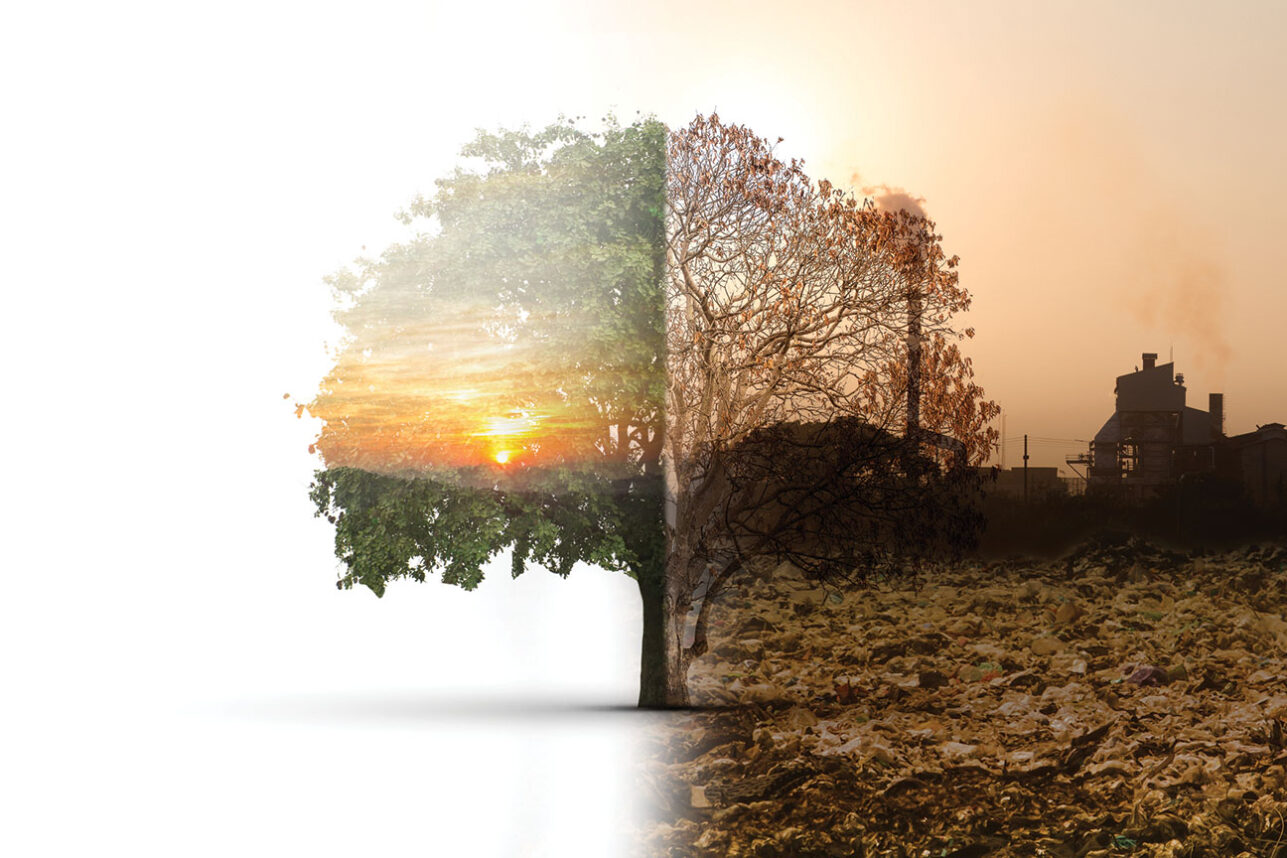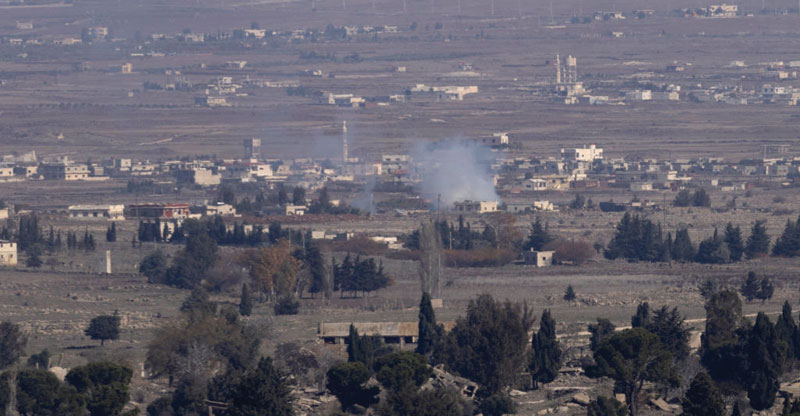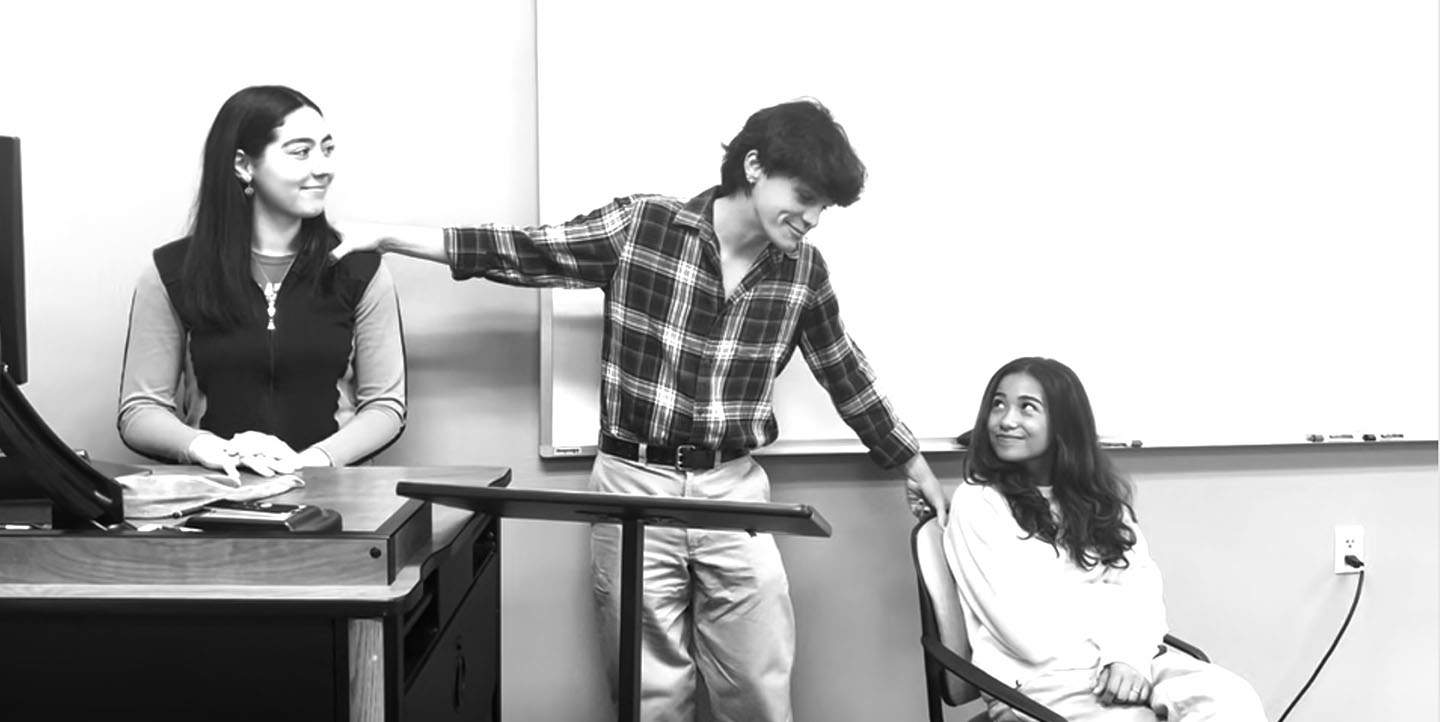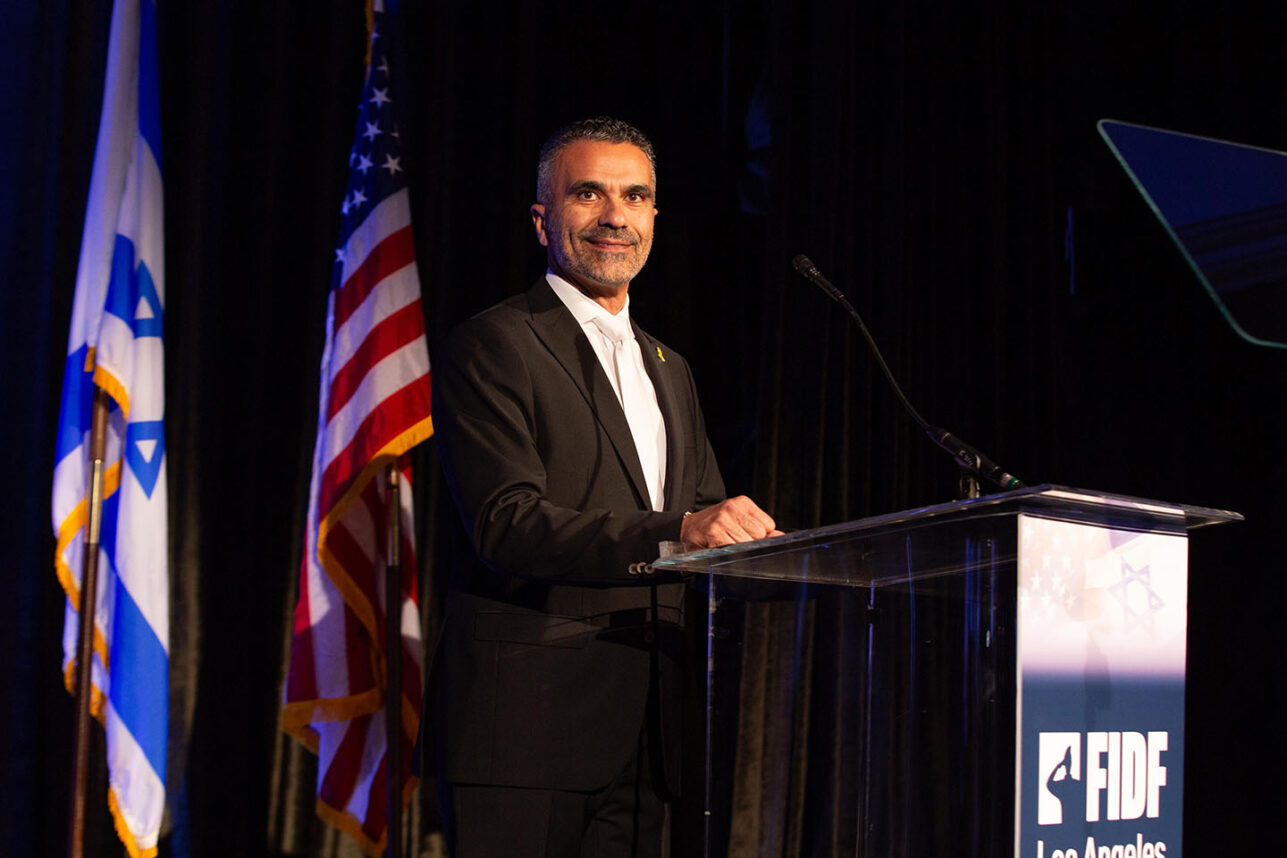My little Long Island town had two shuls: ourConservative synagogue close to home and the one we called the”other,” across town. My parents never mentioned it by name. The shulwas Reform.
The “other” shul, smaller than ours and locatedoff a main highway, symbolized everything that we were not, in a waythat smelled of danger. Though I knew no one who belonged to the”other” shul and I never entered the building, I had strong opinionsabout it nevertheless, especially its religious calendar, whichcelebrated only one Passover seder and one day for Rosh Hashanah.They might as well have been Mennonites — members of a sect that hadnothing to do with me. When we would drive by the “other” shul, myfather or mother would make a little coughing sound, a kind ofsuperstitious tic. I took the cough as a signal to God: these areJews masquerading as Americans. Don’t judge us by them.
Of course, my father’s cough was only half of thestory. The other half was my grandfather. Grandpa was Orthodox, partof a daily minyan in the Lower East Side. When he came to visit us,my mother cleaned the kitchen for days, and put brown paper on theshelves. Grandpa smelled danger in our home nevertheless; he broughthis own pots and pans with him, and my mother cooked for him withthem.
We were proud Conservative Jews, the driving forceof American Judaism. My parents helped build two synagogues, theysupported men’s clubs and sisterhoods and educated two Jewishchildren. Yet from Grandpa’s perspective, we might as well have beenapostates. We were on a slippery slope of our own; practicing aflimsy style of kashrut and losing touch with the festival cycle,completely dismissing holidays like Succot. When he sat down to eat,I could hear him make a little coughing sound, echoing my father’ssuperstitious tic. Grandpa, too, was advising God: my children aremasquerading as Americans. Don’t judge me by them.
And so I learned the fine art of makingdistinctions. My world was not one of prejudice, merely of confusion.There were criteria that separated Jew from non-Jew, kashrut fromtraif, owners of Chevys from Fords, and the like. But there weredistinctions that divided Jews from each other, as well.
Fast forward. High Holidays, 1997. A group ofabout 30 of us are sitting under our synagogue tent, during theafternoon break in Yom Kippur services, preparing to study Jonah.Tell us about yourself, the group leader asks. What kind of Judaismwere you raised in? And what is your Jewish practice or belieftoday?
We were all ages, from young 20-somethings tothose nearing 80. And to my surprise, we had little background incommon. No two among the 30 shared the same religious or culturalexperience, nor personal definition, of what Judaism means. Therewere Israelis and Holocaust survivors, American assimilationists andfeminists and social activists. There were those married to non-Jews,as well as converts.
Not only did we not share a common past, we wereall in various stages of transition, passengers on trains meeting atthe same station, for one moment, one day. Many of those raisedConservative had become either New Age or restored to aneo-Orthodoxy. And many of those raised Reform were heavily intoreligious inquiry, seeking something they had missed. Theintermarried seemed particularly poignant, for they were seekingadmission to a people who had already written them off.
“We were all standing at Sinai,” the Torah portionsays. For a few hours I came to see what that is like: shatteredglass from a common cup.
Maybe we never were “one” people even in mychildhood, but we were never like this. In those days, we couldafford to say who was part of us and who was not. But playing thegame of “compare and contrast” is a luxury we can’t afford.
To rebuild a sense of community, we have torecreate common ground. So I will make a small suggestion. We liberalJews talk a lot about what the Orthodox should do; here’s somethingthe Reform movement should consider. It’s not what you think. I’m nottalking about patrilineal dissent, or kashrut, or the rules ofconversion.
No, I’m talking about the Jewish calendar. TheReform calendar was once an exciting experiment in revising ourreligion. It was a statement about the will of Jews to adapt to achanging world. It was an attempt to free faith, custom and ceremonyfrom superstition. For a time, that calendar helped the JewishAmerican community survive. But that experiment is not relevanttoday, especially when so many Reform Jews are returning totradition.
If we are to be one people, all Jews need to telltime by the same clock. It’s time for Reform to join the rest of thecommunity as we move through the year. In the fight against falsedistinctions, the calendar is a good place to start.
Marlene Adler Marks is editor at large of TheJewish Journal. Her “Conversations” series at the Skirball CulturalCenter continues on Nov. 2, with producer Lynda Obst.
All rights reserved by author
October 17, 1997 — Taking Off theMask
October 10, 1997 — Life’s a MixedBag
October 3, 1997 — And Now ForSomething Completely Different
September 26, 1997 — An OpenHeart
September 19, 1997 — My BronxTale
September 12, 1997 — Of Goddesses andSaints
August 22, 1997 — Who is Not a Jew
August 15, 1997 — A LegendaryFriendship < /P>
July 25, 1997 — A Perfect Orange
July 18, 1997 — News of Our Own
July 11, 1997 — Celluloid Heroes
July 4, 1997 — Meet theSeekowitzes
June 27, 1997 — The Facts of Life
June 20, 1997 — Reality Bites
June 13, 1997 — The Family Man





















 More news and opinions than at a Shabbat dinner, right in your inbox.
More news and opinions than at a Shabbat dinner, right in your inbox.